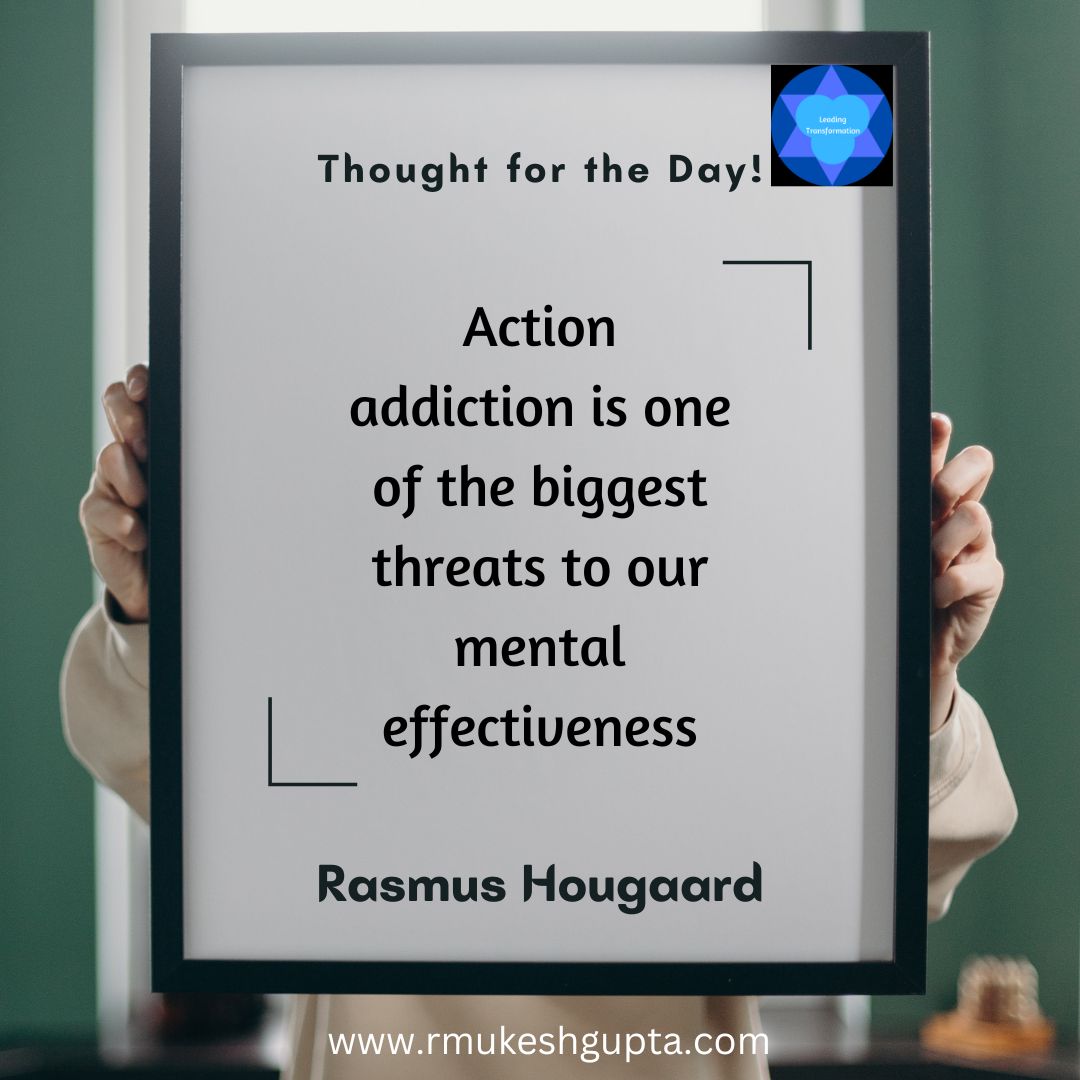
In a recent blog post, Sethi Godin talks about how the famous conductors (orchestra) seem to be the only person on the orchestra that don’t make any sound at all and yet are the most important person on the team.
He says, and I quote,
Famous conductors are often judged for an hour or two on stage. They wear expensive clothes, make dramatic gestures and receive ovations. They also get paid a lot to carry a very little stick and they’re the only one on stage who doesn’t make noise.
But it turns out that none of these things are what makes a great conductor.
What we’re not seeing:
- Conductors set the agenda.
- They have done the reading and understand what has come before.
- They work to establish the culture of the organization.
- They amplify the hard work and esprit de corps of some, while working to damp down the skeptics within the organization.
- They figure out which voices to focus on, when.
- They have less power than it appears, and use their position to lead, not manage.
- They show up to rehearsal with an agenda and a path forward.
- They raise money.
- They transform a lot of ‘me’s’ into one ‘us’.
- They develop a point of view. And they balance it with what the listener, the patron and the musicians all need.
- They stick with it for decades.
It’s a form of leadership that happens in private, but once in a while, we see it on stage.
This is exactly what happens with us in our lives. I am not talking about us leading others in our teams. I am talking about us leading ourselves.
In order for us to do well and find these moments where we are on stage and recognised for what we have done, we need to first do all the work in private.
- We need to have a clear intent about what we want to do in our lives.
- We need to pay attention and become aware of what is going on in and around us.
- We need to act on our intent in a way that has the possibility of the intention coming alive.
- We then need to pay attention to the response that our actions generate.
- We reflect on these response to learn if the response moves us towards realising our intent or moves us away. If it moves towards, we continue on the path. If it moves us away, we rethink and adjust our actions until their responses moves us towards the intention.
I believe that until we do these, any success that we get is not intentional but is accidental. However, if we do all this work, the chances are that we will find out moment of glory and success sooner than later.




